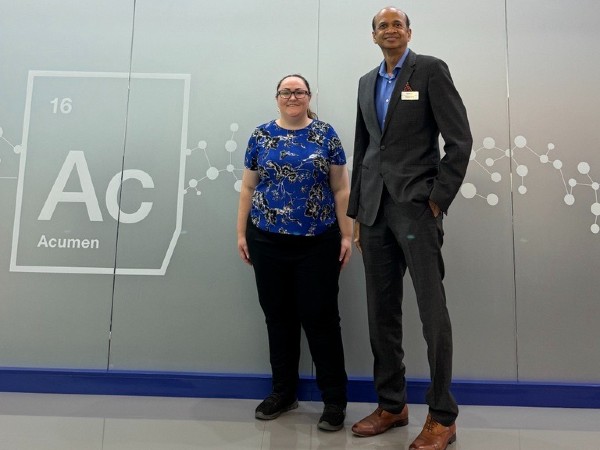Outsourcing APIs put EU patients at risk
Posted: 28 October 2022 | Catherine Eckford (European Pharmaceutical Review) | No comments yet
Teva warns APIs could disappear from European factories in five to 10 years if the industry does not see outsourcing essential medicine manufacture as risky.


A new report, Addressing Europe’s Medicine Exodus by Teva called on legislators to ensure a safer, more secure supply of essential medicines for EU patients, by cutting reliance on low-cost markets.
Teva stated distant suppliers and supply chains, weakened by pressures such as inflation are at risk. Europe may not be able to guarantee a reliable supply of necessary drugs alongside rising demand.
The paper demonstrated that if the manufacturing sector continues to operate this way, drugs like antibiotics and generics for diabetes and cancer, could disappear from EU factories in the next five to 10 years.
Though Europe used to own its essential medicines manufacturing, Teva argued the industry has transitioned over the last 10-15 years to depend on low-cost markets such as China and India.
Asian firms hold almost two-thirds of the approval certificates needed for active medicine ingredient (API) production in Europe, the report found. Newer markets often offer high state subsidies, lower labour costs and energy prices at a fraction of Western Europe’s. The energy crisis is further stretching this margin. Cost is valued above sustainability, local supply chain and integrity among European payers. Furthermore, the EU’s regulatory framework adds administrative paperwork, which requires time and money to satisfy.
The research showed 10 percent of EU patients with chronic diseases suffered shortages of essential medicines during the Covid-19 pandemic. Philippe Drechsle, VP EU Portfolio Management at Teva Europe stated that even as the supply chain experienced closure of “borders and overseas factories,” it largely maintained itself. However, Teva urges this does not promise a secure future.
Sustainable solutions for APIs
As EU policy makers open the Pharmaceutical Legislation, a once-in-a-generation moment, Teva pushes four sustainable reforms to secure supply and help prevent future shortages in essential medicines:
- Reform generics pricing and procurement rules, make sustainability and supply chain security a priority
- Guarantee predictability and clarity of regulation around APIs
- Encourage pharmaceutical companies through IP incentives to invest more in product research, development and manufacturing
- Favouring cost-effective digitisation over paper-based interactions with regulators, and with patients via the e-Patient Information Leaflet
- Ensure timely access to Government funding schemes that support green and digital transitions.
Drechsle added that we need “national and EU legislators to commit to a range of concise measures designed to secure European manufacturing – putting industry on a surer footing to improve patient outcomes.”







